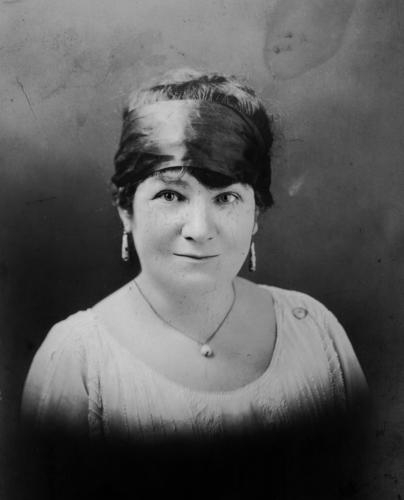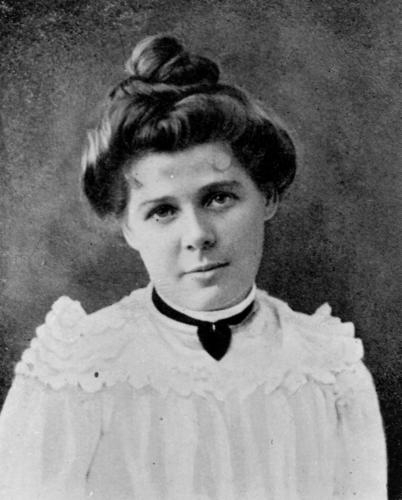(In the Botanic Gardens, Sydney.)
November Lilies! Sculptured, regal, gleaming,
Each petalled chalice alabaster white,
Gold pollen-dusted; melody is dreaming
Within your loveliness of carven light.
November Lilies! Etched 'gainst palms, low bending;
And Kurrajong and River-oaks soft green;
Pale summer leaves of Peach and Plum are blending --
Adding their beauty to your lovely sheen.
November Lilies! Butterflies are winging,
Their lovely colours painting your white flow'rs;
Drowsy bees humming-birds their carols singing --
Rich beauty pent in Sydney's garden bow'rs.
November Lilies! When in far East dwelling,
Did your rich splendour to the gods belong?
And is the music your sweet scent is telling,
Part of the morning star's harmonious song?
First published in The Sydney Morning Herald, 30 November 1935
Author: Annie MacDonald (1870-??), nee Lowe, was born in Kew in Victoria in 1870. Beyond this nothing is known about this author.
Author reference site: Austlit
November Lilies! Sculptured, regal, gleaming,
Each petalled chalice alabaster white,
Gold pollen-dusted; melody is dreaming
Within your loveliness of carven light.
November Lilies! Etched 'gainst palms, low bending;
And Kurrajong and River-oaks soft green;
Pale summer leaves of Peach and Plum are blending --
Adding their beauty to your lovely sheen.
November Lilies! Butterflies are winging,
Their lovely colours painting your white flow'rs;
Drowsy bees humming-birds their carols singing --
Rich beauty pent in Sydney's garden bow'rs.
November Lilies! When in far East dwelling,
Did your rich splendour to the gods belong?
And is the music your sweet scent is telling,
Part of the morning star's harmonious song?
First published in The Sydney Morning Herald, 30 November 1935
Author: Annie MacDonald (1870-??), nee Lowe, was born in Kew in Victoria in 1870. Beyond this nothing is known about this author.
Author reference site: Austlit


